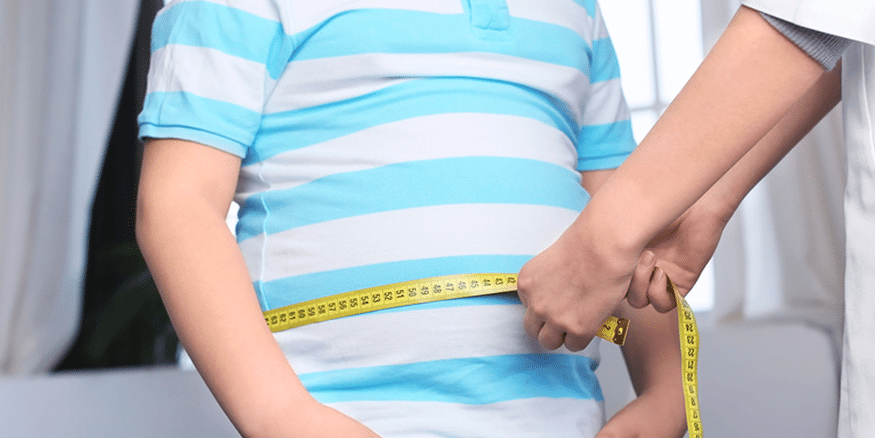
Help for Overweight Children
The balance between different species of bacteria in the gut can affect human health in many ways that we are only beginning to discover. Most of us know that introducing certain harmful bacteria can cause illness, such as gastroenteritis, but subtler changes in bacterial balance can affect seemingly unrelated aspects of health, such as mental illness and obesity.
Many companies offer products with probiotics (bacteria that are beneficial to health) as a treatment option for a wide variety of ailments. However, consuming probiotics is not the only way to modify gut bacteria. The foods we do and don’t eat can have a huge effect on the types of bacteria that proliferate in the intestinal tract. Eating a standard Western diet – one that is high in refined sugar and fat and low in vegetables – can increase the amount of pathogenic bacteria in the gut. Conversely, diets high in fibre can increase the amount of beneficial bacteria and decrease harmful bacteria such as E. coli.1
Prebiotics are foods that feed the probiotics already in our intestines, which helps those beneficial bacteria proliferate. The most common type of prebiotic is a fructo-oligosaccaride called inulin, which is a type of complex carbohydrate. Common food sources of inulin include Jerusalem artichokes, asparagus, leeks, tomatoes, onions, garlic, bananas, whole grains, and chicory root. However, inulin is also available as a supplement (Benefibre® and store brands).
Childhood obesity affects health in many ways, and can increase the risk of several digestive ailments, including gastroesophageal reflux disease (GERD), non-alcoholic fatty liver disease, irritable bowel syndrome, and functional dyspepsia.2
In 2017, a team of experts from Alberta published a study on the effects of prebiotics on overweight or obese children.3 They found that giving the children a prebiotic supplement helped them lose excess weight by manipulating the children’s microbiomes.
The authors used a single-centre, double-blind, placebo-controlled trial of two separate cohorts at the University of Calgary. Participants were children 7-12 years-of-age who were overweight or obese and otherwise healthy. The children were randomly assigned to receive 8 grams of oligofructose-enriched inulin (a prebiotic) or a maltodextrin placebo with the same caloric value every day for 16 weeks.
At the end of the trial, the children who took the prebiotic had gained a typical, healthy amount of weight for their age, but the children who took the placebo gained considerably more fat than is ideal. A healthy child in this age group should gain approximately 2-3 kg annually. Based on the researchers’ projections, the children who received the prebiotic were on track to gain 3 kg over a year, whereas the children who took the placebo would likely gain 8 kg over a year, a number that is considerably higher than it should be.
The children who consumed the prebiotic experienced other benefits as well, including a decrease in triglyceride levels, a reduction in abdominal fat, and a significant increase in beneficial bacteria from the Bifidobacterium genus in the gastrointestinal tract.
Another study by the same researchers found that a prebiotic supplement helped increase satiety in overweight or obese children, which made the children less likely to overeat at a breakfast buffet.4
While the results of this study are interesting, we would need more research to find out if prebiotics are an effective weight management tool for children. However, foods that contain prebiotics are inexpensive and otherwise nutritious, so it is safe to encourage children who are overweight or obese to eat more of these foods.















